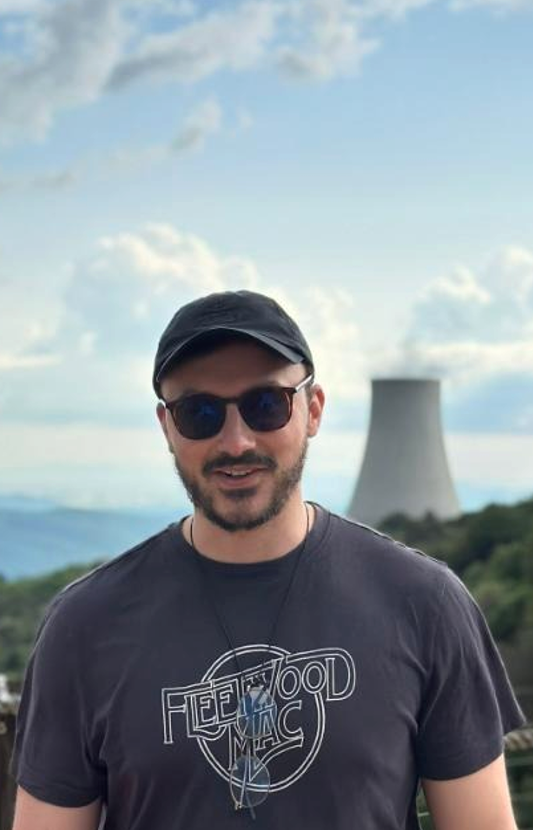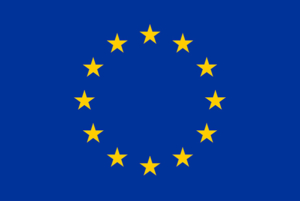David Naranjo
Highly motivated MSc. of Applied Geophysics with professional interest directed towards exploration and project development in the energy sector. Proficient in numerical modelling, seismic signal processing, inverse theory and programming skills in Python and Matlab. Advanced knowledge of mathematics, physics and geosciences.
- Joint Master’s in Applied Geophysics: Delft University of Technology, ETH Zurich, and RWTH Aachen University (Sep 2018 – Sep 2020)
- BSc Universidad de Los Andes, Bogotá, Colombia (Aug2013 – March 2018)
Project Title: Long-term seismic monitoring of Dutch geothermal-well activities with surface seismometers
Host Institutions: TU Delft, RWTH Aachen, EBN
Supervisory Team: Kees Weemstra, Deyan Draganov, Florian Wellmann, Jorien Schaaf, Mara van Eck Van Der Sluijs
Start date: 15.3.2021
ESR02 Objectives:
Processes associated with the injection and extraction of water in Dutch geothermal reservoirs will be monitored using a long-term network of 3-component short-period seismometers (low-frequency geophones) installed at the surface (or 1-2 m below the surface) close to the DAPwell and other Dutch geothermal wells.
The data will be provided by the industry partner EBN and will represent passive data. In this geothermal context, we will develop an inversion strategy for the source mechanism associated with detected seismic events. We will also use the data to investigate the potential of passive seismic sources (ambient noise, regional and teleseismic events) for imaging the subsurface structures with seismic-interferometric techniques.
Research Update
In order to enhance safety in geothermal operations, my current efforts revolve around several key initiatives:
I have been developing a specialized tool aimed at rectifying clock errors within seismic arrays before the monitoring process. This significant endeavor was highlighted at the EGU General Assembly in 2021 and is currently undergoing revision for publication. Another aspect of my work involves processing seismic data collected from a shallow geothermal field located in Kwintsheul, Netherlands. During this analysis, we successfully identified several small-magnitude microseismic events. The outcomes of this study have been documented and published in an extended abstract for the 2023 European Geothermal Congress. Furthermore, I am actively involved in crafting sophisticated schemes for hypocenter and moment tensor inversion, specifically tailored to monitor geothermal activities within The Netherlands. In addition to these core projects, I hold leadership positions and engage in various activities within the academic community: As the President of the Delft Organization of Geophysics Students, I contribute to the development and growth of geophysics education and research at the university. I also had the privilege of organizing the European Geothermal PhD Days in 2022, hosted in Aachen. This role allowed me to facilitate collaboration and knowledge sharing among fellow researchers in the geothermal field. Additionally, I serve as a supervisor for both BSc and MSc theses, guiding students in their academic pursuits and fostering their growth within the field of geophysics.



 This project has received funding from the European Union’s Horizon 2020 research and innovati
This project has received funding from the European Union’s Horizon 2020 research and innovati